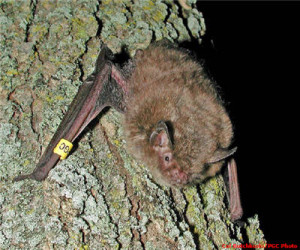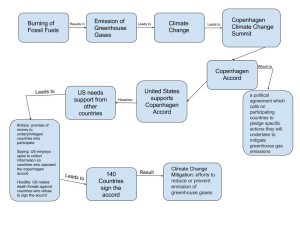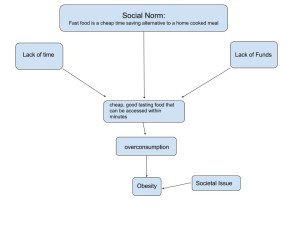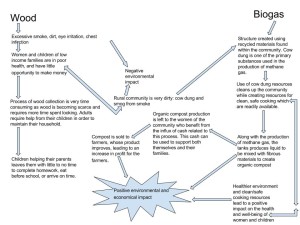In this module we discussed biodiversity and how it differs across many different environments throughout the world. For this assignment:
- In 150-200 words, discuss the biodiversity within your own area, and how human and environment factors have impacted the level of biodiversity you have come to know.
- In 150-200 words discuss one of the endangered species in your area and what factors led to this
I live in Port Matilda, PA, a small suburb 25 minutes outside of state college. My house lies within an area surrounded by forests, including many small creeks flowing through them. In my own backyard you can follow the woods back for miles before hitting another neighborhood. In the years that I have lived here I have encountered a great deal of biodiversity and a variety of different animals and plant life. Most commonly my backyard is full of deer, turkeys, rabbits, groundhogs, squirrels, etc, however I have seen many other animals as well. My house also falls in an area surrounded by farms, meaning I am directly exposed to cows, horses, pigs, goats, and a llama farm down the street. Unfortunately, many of these animals that live in the forests surrounding my home are at risk for extinction, most notably the mountain lion. Over the years factors such as water pollution, dam building and disease have threatened their lifestyle killing many. Many of these factors are directly related to the actions of people living in this area and we must take charge to protect the remaining species.
One of the species in my area that is at the most prominent risk for extinction is the Indiana Bat. It has been listed as an endangered since 1967 and is currently a priority species in the Pennsylvania state Wildlife Action Plan. The Indiana Bat is found only in 18 hibernation sites across the state, with only around 1,000 bats in total. The bats preferred habitat includes many very strict requirements such as airflow and temperatures falling only one degree above freezing. Of the hibernation sites across the state very few offer the conditions necessary for the bat’s survival. The main cause of their extinction is the presence and interference of humans. Human entry into the hibernation sites disturbs the bats and causes them to burn up their fat reserves, making survival in winter impossible. Similarly, with the continued loss of natural hibernation sites, humans have interfered to create manmade structures for the bats to use. Unfortunately these sites are prone to collapsing resulting in the death of more of this endangered species. We must make efforts to limit our involvement in the lives of these species leaving them with stable living sites prior to stepping away from their living situations, and allowing them to survive on their own.
Information found at: http://www.portal.state.pa.us/portal/server.pt?open=514&objID=1913850&mode=2




